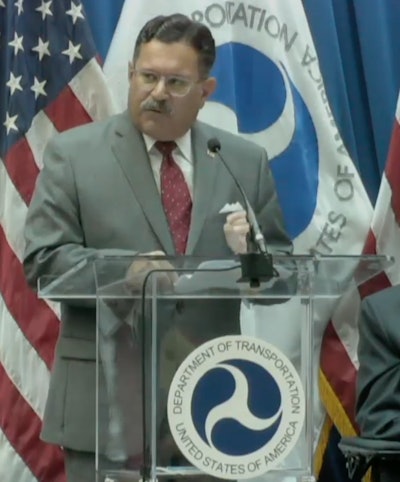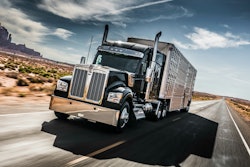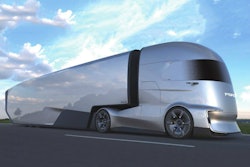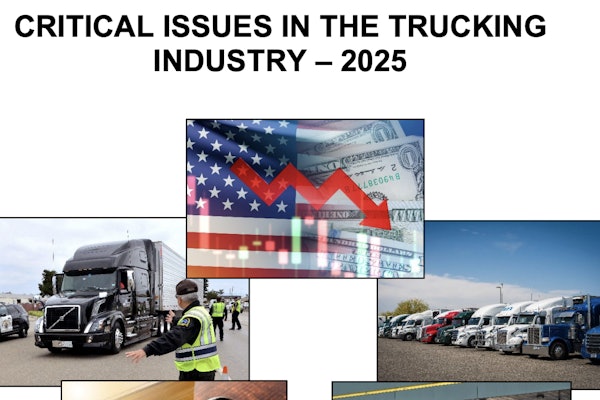
The U.S. Department of Transportation Thursday released Preparing for the Future of Transportation: Automated Vehicles 3.0, its updated vision for autonomous vehicles, prompting praise from trucking industry groups.
Both the Truckload Carriers Association and the American Trucking Associations praised the latest version of the Trump administration’s stance on the development of autonomous vehicle technology, which the Federal Motor Carrier Safety Administration‘s Ray Martinez said his agency encourages and supports innovation focused on safety.
 FMCSA Administrator Ray Martinez
FMCSA Administrator Ray Martinez“We are very excited by the promise of these technologies for two main reasons,” said Martinez. “First, the use of these technologies in commercial motor vehicles offers the potential to save thousands of lives. Second, the automated driving systems offer the potential to benefit our economy tremendously.”
The two national trucking organizations had similar praise for the technology and the DOT’s approach to its development.
The Truckload Carriers Association’s Vice President of Government Affairs, David Heller said, “The development of an autonomous vehicles policy, one which includes commercial vehicles, is a testament to the dedication of Secretary (Elaine) Chao and Administrator Martinez to truly look towards the future for planning our nation’s transportation needs. TCA continues to support their endeavor and is looking forward to being part of the discussion that provides the blueprint for incorporating technically advanced vehicles on our interstates.”
The response from ATA was similar.
“This is a sound and substantive framework that rightly recognizes commercial vehicles are essential to any serious AV policy,” said ATA President and CEO Chris Spear. “In reaching out to a broad group of stakeholders, the department should be commended for its thoughtful approach, which will enable an informed decision-making process around new and emerging technologies.
“Thanks to Secretary Chao’s leadership, this guidance ensures that technological progress will not outpace the formation of key safety policy – and will enable America to maintain our role as world leaders both in innovation and in developing this framework. We look forward to working with the secretary and FMCSA administrator Martinez as this initiative rolls forward, and to having trucking’s voice as a vital contributor throughout this process.”
One of the highlights of the new guidance is its view of how a truck may be driven in the future.
“Moving forward, we recognize that a human is not always required behind the wheel,” said Larry Minor, associate administrator for policy and program development at the FMCS.
The report also says guidelines are voluntary so as not to stifle innovation, and that a study will be conducted on the workforce impacts of automated vehicles.












